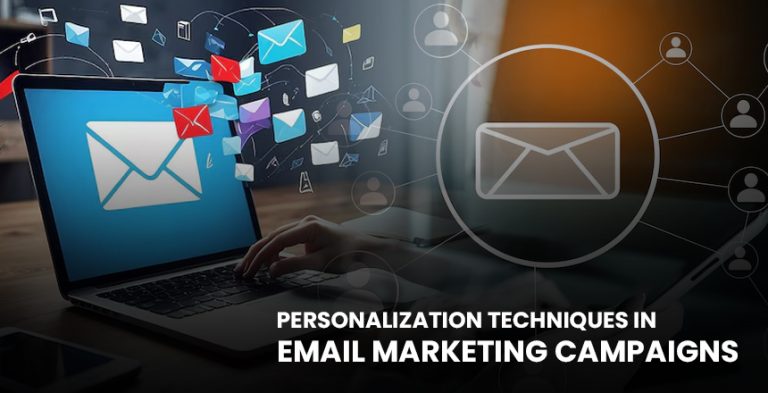Mobile tracking apps: do they help or harm?
Today, having mobile phones is simply a must-have in the day-to-day lives of people living all
over the world. We depend on them for communication, information, and entertainment, among
other things. But the mobility and portability of our handheld devices also allow those business
establishments and anyone else to monitor our activities and interests, and sometimes even our
whereabouts. Applications such as mobile tracking apps enable this kind of surveillance. As with
most apps, these apps have usefulness and convenience, but such utility comes with privacy
risks. This paper is about the most used mobile tracking applications, the purpose of these
technologies, advantages, and potential threats associated with them, as well as whether the
advantages outweigh the disadvantages of the apps.
What are mobile tracking apps?
Mobile tracking apps can be defined as applications and services delivered, designed to track
your activities down on your mobile. There are a variety of mobile tracking apps , but they
generally fall into a few main categories:
- Navigation: The location tracker. These apps follow the geographical coordinates of your device by GPS, cell tower, wifi networks, etc. Geolocation facilitates mapping requirements andsituational suggestions and promotions. Some are Google Maps, while others are few squares.
- Usage trackers: With these apps, they monitor the operations of a mobile device, including the apps opened, the features, the time spent within the apps, and patterns of usage. Using cookies and log files, this enables companies to track user activity in an attempt to market themselves to you. Facebook and Snapchat are said to have heightened usage tracking.
- Pervasive health trackers: Other related trackers include fitness trackers, menstrual cycle trackers, and sleep trackers, which are trackable via your mobile device of choice. Some of the best known are Fitbit, Clue, and Sleep Cycle.
Why Are These Apps Used?
Thus, tracking has multiple objectives—for the user and the company. For people, the major
benefit of location tracking is the possibility to get orientation and needed information by its
means. Personal tracking also enables people to measure elements of their daily existence and
track the progress towards their goals.
For businesses, all forms of mobile tracking offer a wealth of user information through business
intelligence that business improvement companies use to serve the customer better and offer
relevant content and important ads to keep engagement high. The more information the
companies have about you through mobile tracking, the more they can adapt their interacting
techniques to force you to use their service. Tracking provides companies with the ability to
have control over usage in advance. It also provides an opportunity for companies to turn user
data they obtain with tracking into some commercial value by selling it to interested third parties,
such as advertisers or marketers.
What Are the Advantages of GPS Tracking Software for Mobile Phones?
Utility—something like a map, location context information about the place that you are in, or
personalized recommendations based on your preferences, activity history, and location—can
also bring an added advantage of convenience into one’s life.
- Opinion: Tracking one’s progress is a more effective way of ensuring that an individual works towards acquiring the necessary personality traits he or she possesses to address the personal goal, necessarily for health issues, medical conditions, sleep patterns, productivity, or any other Maslow’s hierarchy needs the individual may have.
- Better products/services: Companies are able to read user habits and constantly adapt to modify new products or services that meet general customer satisfaction. This can result in the creation of better apps with more details that fit the user peculiarities.
- Security: lost, stolen, or misplaced gadgets— Apps such as Find My Device—an Android application that lets you remotely lock your device, erase data, or locate your lost or stolen Android device—mean your data, letters, pictures, and videos won’t end up in the wrong hands.
What Are the Risks?
Privacy invasion: With tracking apps, informational privacy was eliminated since apps give
companies continual access to your data and they are well aware of your behavior, interests,
movements, and habits. Third-party data sharing aggravates such privacy risks even more.
- Risks of hacking: Users in mega applications have a lot of personal details that hackers like to access since they could be stored in one main database. Any tracking app you have on your phone opens you up to cybercriminals, identity theft, and whatever else if the company that made the app has a breach.
- User control: The vast amounts of data collected about you give companies an exceptionally powerful tool to control your psychology and constantly nudge you in various ways. You might even have to sacrifice the liberty that is indispensable when there isn’t another influence or pressure from another force.
- Problem of surveillance excess: Due to the availability of tracking apps, surveillance becomes completely routine. However, if user data collects on the servers of private companies such a Meta, it might be a civil rights problem if abused by despotic authorities or antisocial elements. Information obtained implicitly today may be used to prejudice for purposes tomorrow.
- Usage in devices: Every tracking app works in background of the technological devices, and so all of them consume battery power, storage, processing power, and data usage.
Are the advantages greater than disadvantages?
At a personal level, the idea of avoiding tracking apps means losing a certain level of convenience, information, and self-monitoring opportunities. Nevertheless, it is possible to be wary about which tracking apps are allowed; not giving apps background access and not enabling third parties to aggregate data cuts down on privacy concerns.
From the sociological perspective, the constant growth of applications that track users’s
geolocation is not a predictor of a split shift between power and subjugation but of the shift to
the sharp increase in the gap between companies/authorities and individuals. With the
exponential growth of private and governmental surveillance capabilities due to boundless data
collection from users, we should raise many critical questions about whether the appropriate
legal cover is afforded to the civil liberties in this increasingly technologically instrumentalized
society or if it is a question of sacrificing the liberties for comforts. That is why the correlations
that we are able to establish matter so much for the future.
That so many tracking apps exist today suggests that we are already past some digital Rubicon
when it comes to norms of privacy. However, there is still a possibility that whenever the people
become enlightened and active, they can force the companies and governments to reduce the
never-ending desire for collecting users data and pass legislation in favor of consumer privacy.
Our decision today will determine the sounds of the world tomorrow. By realizing the risks and
opportunities of mobile tracking, we enable the smart, ethically sound use of mobile technology
by people and society.







